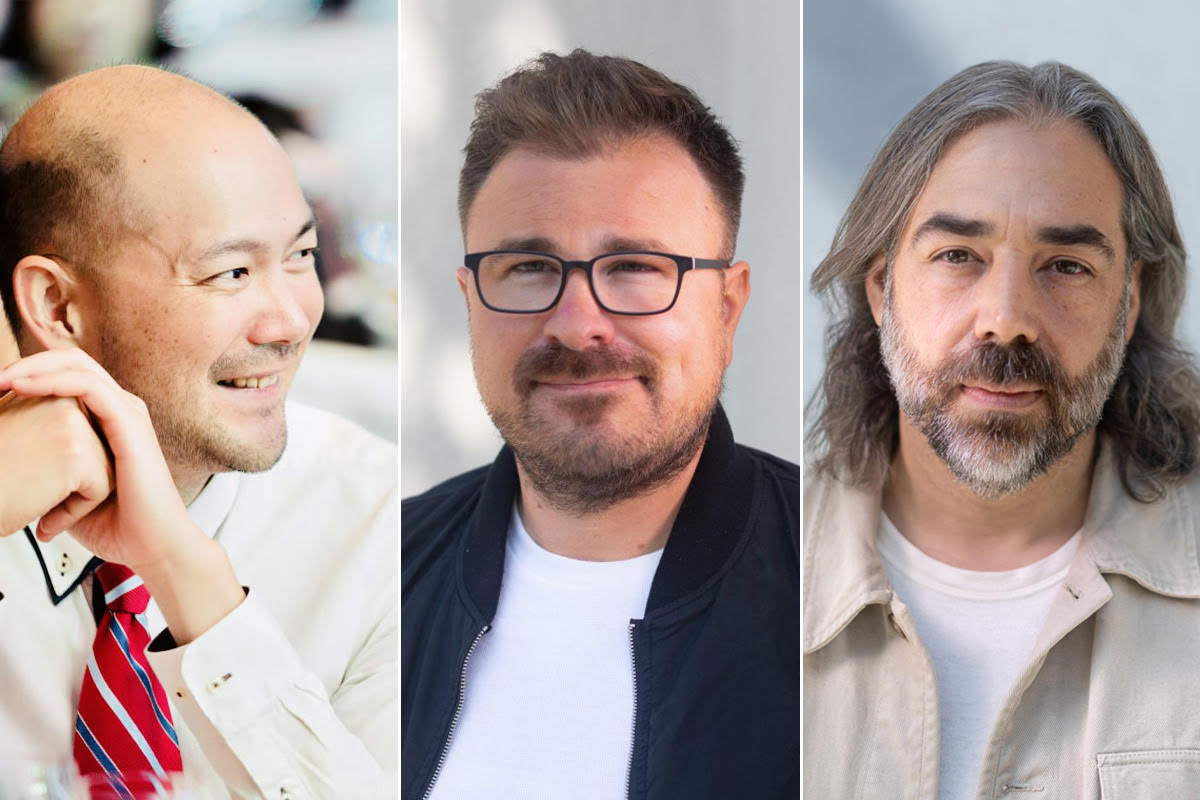Maintaining Ex-Chateau Quality w/ Denis Houles and Erik Portanger, 1275 Collections


Having experienced the difference in taste from wines sourced ex-chateau versus the secondary market, Denis Houles, CEO of 1275 Collections, is on a mission to create a new wine asset class of pristine conditions wines. Denis and Erik Portanger, Head of S
Having experienced the difference in taste from wines sourced ex-chateau versus the secondary market, Denis Houles, CEO of 1275 Collections, is on a mission to create a new wine asset class of pristine conditions wines. Denis and Erik Portanger, Head of Strategy at 1275 Collections, tell us about the industry-wide issues around provenance, particularly with transportation and storage, and how 1275 leverages technology and direct chateaux relationships to build a solution to keep the wines as if they never left the chateaux.
Detailed Show Notes:
- Denis’ background
- He grew up in the south of France, fell in love with wine in Bordeaux
- MIT engineering grad lived in Rome, got a Stanford MBA, and worked at McKinsey & Company in London
- Believes in working in what you’re passionate about and founded Claret Club in 2003 - a private members club centered around wine, having chefs crafts food around the wine instead of vice versa
- Erik’s background
- A financial journalist for the Wall Street Journal in London was about to also write about personal passions, which was wine
- He went to 1st Claret Club even in 2003 with Chateau Palmer and had his 1st wine epiphany
- 1275 Collections Overview
- Fully documented, fully transparent way of collecting pristine wine from chateaux
- Based in the freeport of Geneva - wines held in bond, no sales taxes until removed
- Purchase directly from chateaux or negociant, sometimes get back vintages
- “Internet of Bottles” - NFC chips with credit card grade security, for provenance and monitoring of temperature and humidity, pairs with a mobile app
- Data per bottle and case, only tracked while in 1275’s control
- Provenance: issues with storage and transportation
- Provenance is more than just not being fake, but also how many hands the wine has passed through and storage conditions
- Fine wine often moved between warehouses in trucks - often unrefrigerated
- LVMH launched its own traceability platform called Aura
- Octavian Vaults in the UK - requests for photos of bottles has increased ~30% each year for the last few years, highlighting the growing consumer awareness of strong provenance
- Provenance premium
- Some are high, e.g., DRC from Drouhin cellar sold for ~$500k/bottle
- Historically, the premium is meager - ~2-3% because most wines are bought and sold by traders
- Premium increasing over time - auctions and library wines sold from chateaux selling for higher premiums
- Traceability solutions
- Pure tracking
- Comprehensive - tracking and monitoring (temperature, humidity)
- eProvenance is a B2B solution for wineries and importers
- 1275 Collections believes a fully traceable stock of wines will come
- 1275 believes wine damage from storage/handling is a more significant issue than counterfeit wines
- Wine Storage
- There is minimal research on the impacts of storage
- The more researched area is the impact of transportation - road transportation is worse than cargo ships
- Lack of transparency and accountability in the industry
- Key things to track - temperature, temperature fluctuations (change pressure in the bottle), humidity, circulation of air (to prevent mold), lack of contaminants (free of bad smells) - mostly TCA
- 1275 Business Model
- End-to-end solution for people who want a great wine collection, direct from estates with technology to have full traceability
- Collections start at €25,000
- 2% annual management fee (includes sourcing, transportation, insurance, and storage)
- For €100,000+ - a one-off advisory fee of €4,000 and lower management fees (1.4-1.8%)
- ~€15M+ under management currently (October 2021)
Get access to library episodes
See acast.com/privacy for privacy and opt-out information.











